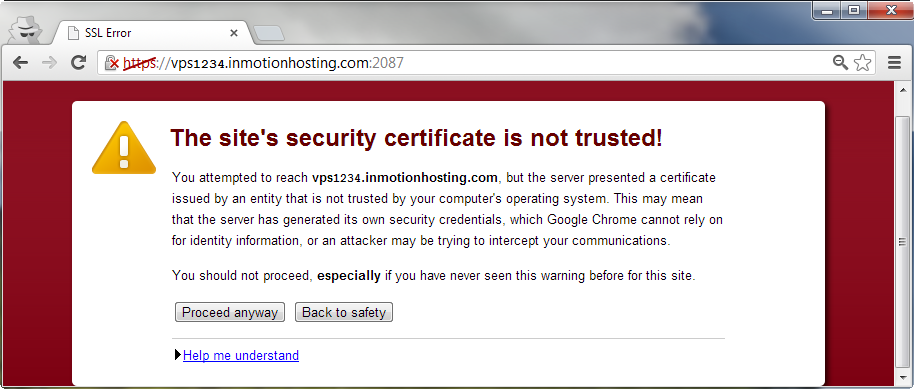Back in February, I shared my thoughts on losing CS teachers to the
tech industy. TL;DR - I don't think it will be a CS Ed problem.
That said, I do think that it will be hard to find good CS teachers
but the reason is because it will get harder and harder to find good
teachers in general.
There are plenty of reasons why it's harder to become a
career teacher but I don't want to talk about those today. There are
also plenty of powerful forces working to destroy public schools and
teaching as a career but this post isn't about that either.
This post is my attempt to tell people what teachers are actually
looking for. Some people assert that merit pay or similar "real world"
incentives will keep good teachers teaching but teachers are a
different breed.
Of course, I can't speak for all teachers but I can talk about myself
and teachers I've known and worked with over the years.
I never thought I'd be a teacher, it was just something I tried when I
was dissatisfied with Wall Street. I tried it, it stuck. I didn't feel
at the time that teaching was my calling but somehow or other, I made
a career of it.
To start, schools are not factories, companies, stores, or any other
type of business. Teachers spend most of their days with students and
little time with each other. Most of their time is allocated for
them. A high school teacher in NY will likely teach 5 class of 34 kids
each, have 1 period for lunch, 1 for preparation and 1 assigned to
some school task. You probably won't see your supervisor much. Mostly
at monthly meetings and when they observe you. Observations are
ostensibly for teacher evaluation and improvement but the system is
does neither well.
Teachers also don't have the same types of career paths as a other
professionals do. If you want to remain a classroom teacher, there is
no career path. You could become an assistant principal or principal
but those opportunities take you away from the kids and from your
subject area. They say teaching is a calling and for career classroom
teachers it probably is. For those who spent a few years in a
classroom and left for what they see as greener pastures, maybe not.
So instead teachers make a career by honing their craft, creating electives,
working with clubs and teams, or doing something similar that doesn't
remove them from the classroom.
In my case, I developed some electives and one thing led to another
and I ended up where I am today.
The career situation of the teacher is why things like merit pay never
work. As a teacher, I want, in fact need my colleagues to do well. I
might have your kids next year and if you do a poor job I'll end up
suffering with the results. Sure, I'd like to be recognized as one of
the better teachers but it's not healthy for my students, my school,
or my career if I'm pitted against my fellow teacher. We're all in
this together.
Teachers do accept merit pay when it's forced on them though. As a
friend of mine once said - it's like the teacher lottery - the way
they assign the merit bonuses are based on those bogus state exams so
the distribution is pretty random, one year I'll get it, another year
someone else.
This is not to say that teachers couldn't use a higher salary but even
then, teachers are not driven by the same motivations as business
people. I don't know of any teacher who feels that they'd work harder
for more pay or that they work any less hard if they're paid less.
Teachers work and fight for their kids because that's what we
do. Right before I left Stuy for Hunter, the teachers and city agreed
to a new contract. All of a sudden I got a pay raise. I can tell you
that I was neither a better or worse of a teacher the day after the
contract went into affect than the day before.
My mentor and friend Richard Rothenberg talked to me about the deal we
make with society as teachers early in my career. He said, once you
get a few years in and have some seniority you're pretty secure and
you're only worry has to be teaching. We don't do great in the good
times but we do OK. On the other hand, we still have jobs in the bad
times although, again, we don't do great. We put in a lifetime of
service knowing that we won't get any significant financial reward but
at the end of the day between our contributions and the city/state's
investments we'll get a pension and won't be out in the cold in our
retirement.
The point is that those of us meant to be teachers were never looking
for the fast track to the upper class. We work to make a difference
and want society to enable us to make that difference. Teachers don't
have to be paid like they are in "the real world" but they do need to
put a roof over their heads, send their kids to college and have a
vacation now and again.
It's not too much to ask but in this day and age it's apparently too
much to give.

